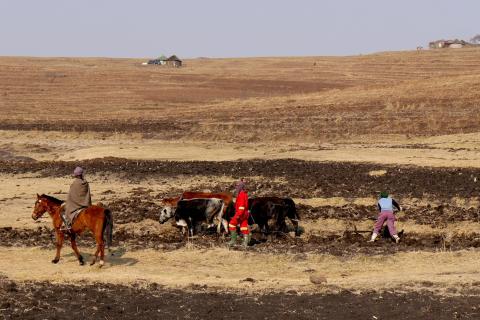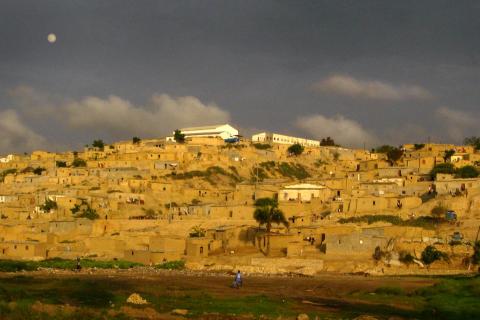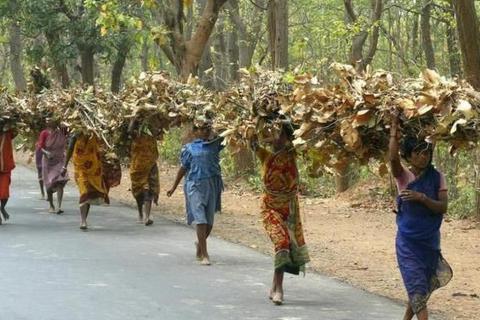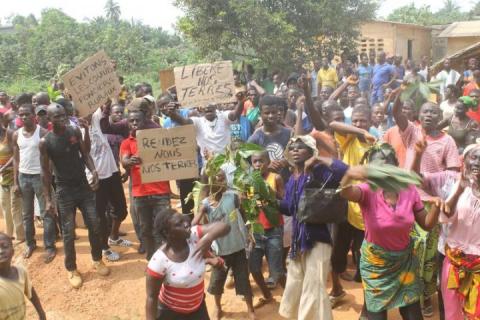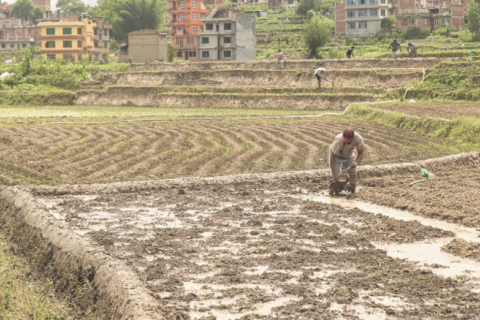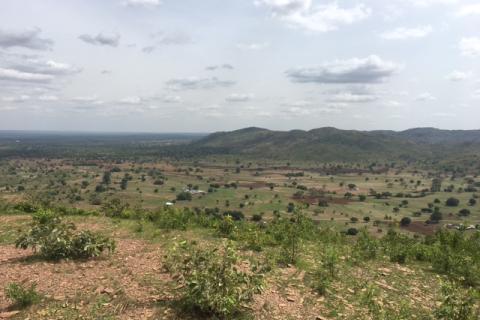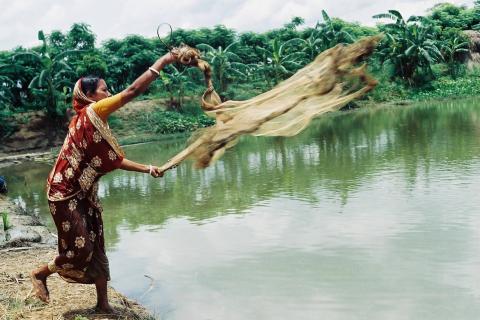Customary law and institutions: Comparative perspectives from Eswatini and Lesotho
By Sean Johnson, land administration specialist at COWI, Swaziland
* This piece was originally published as part of the online discussion on customary law in Southern Africa

